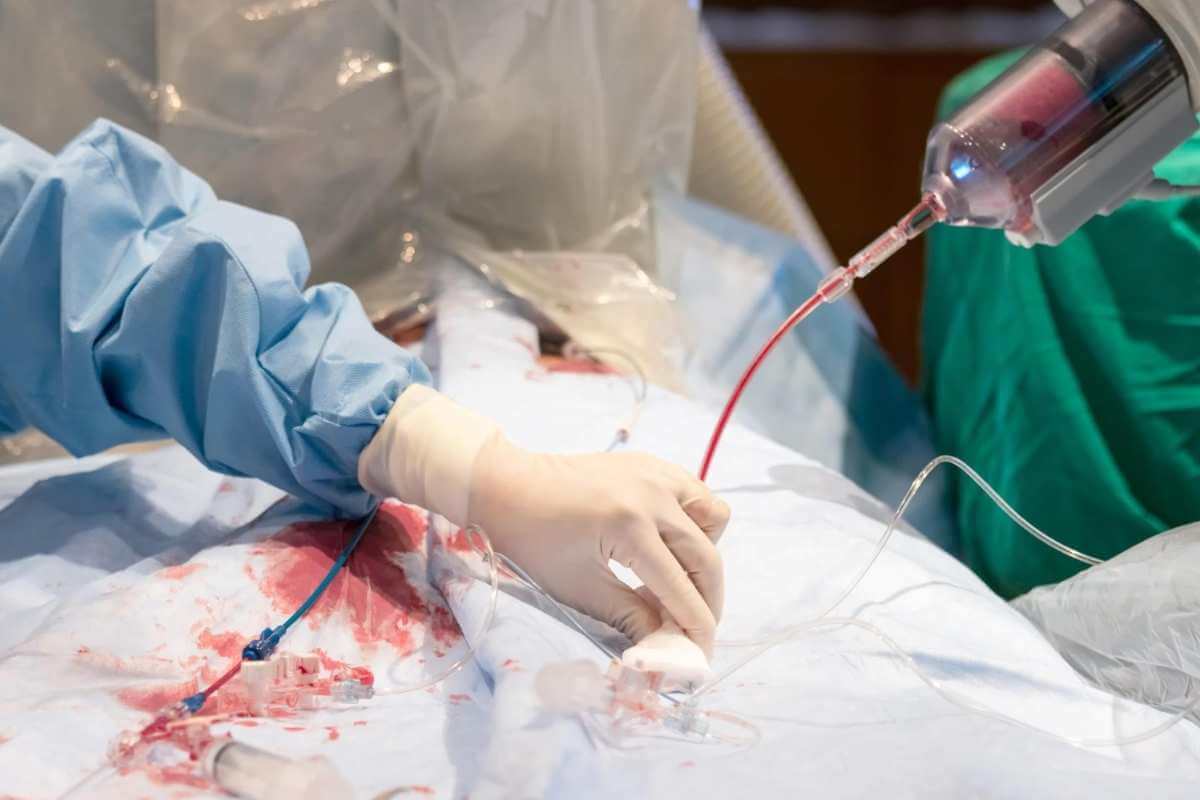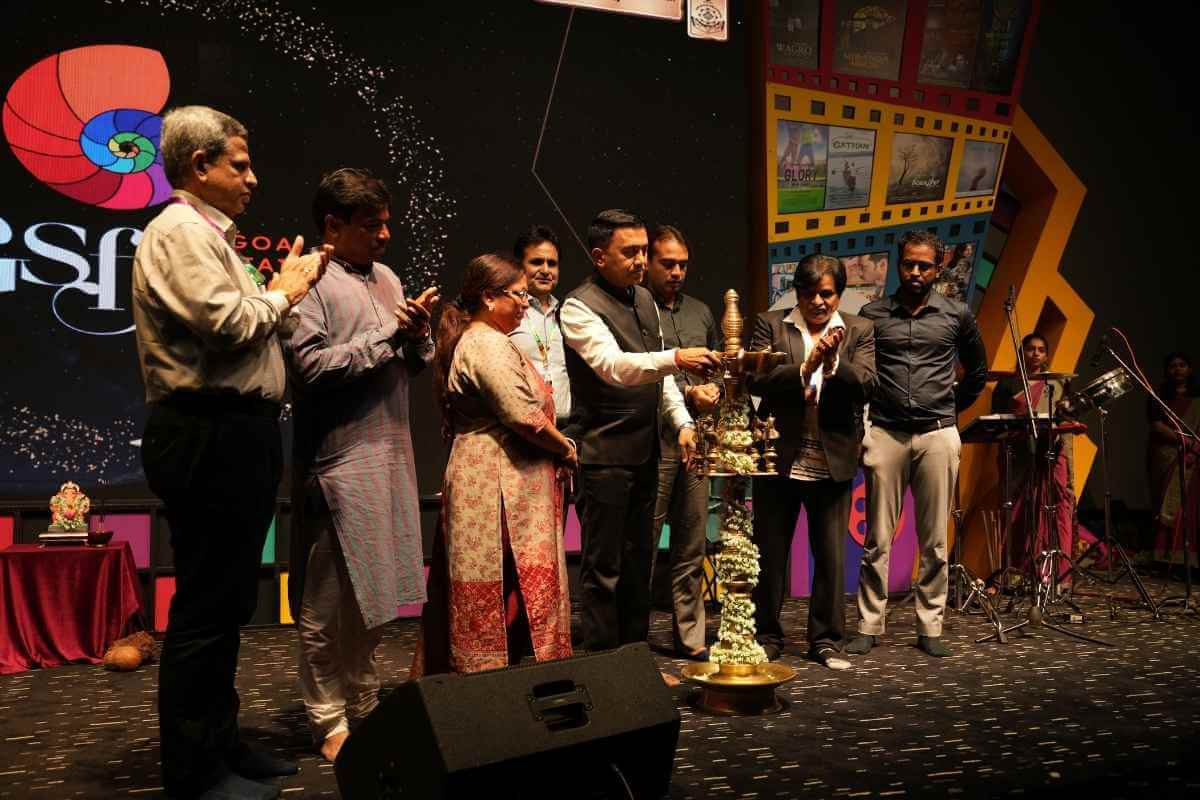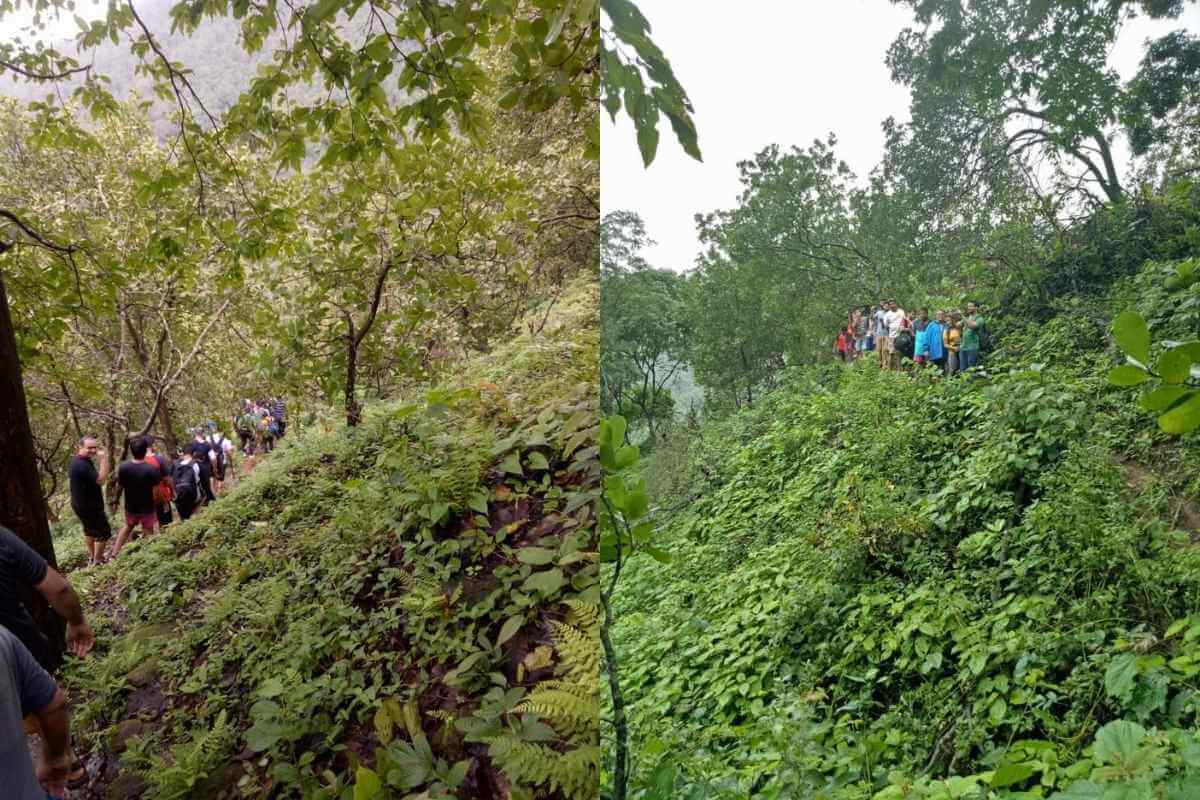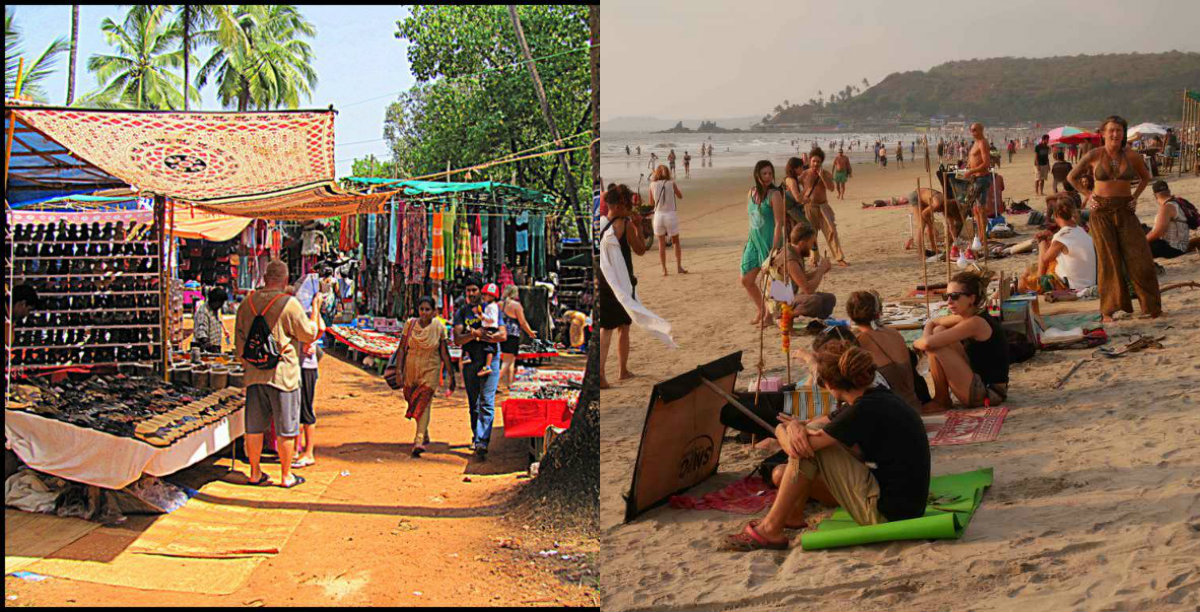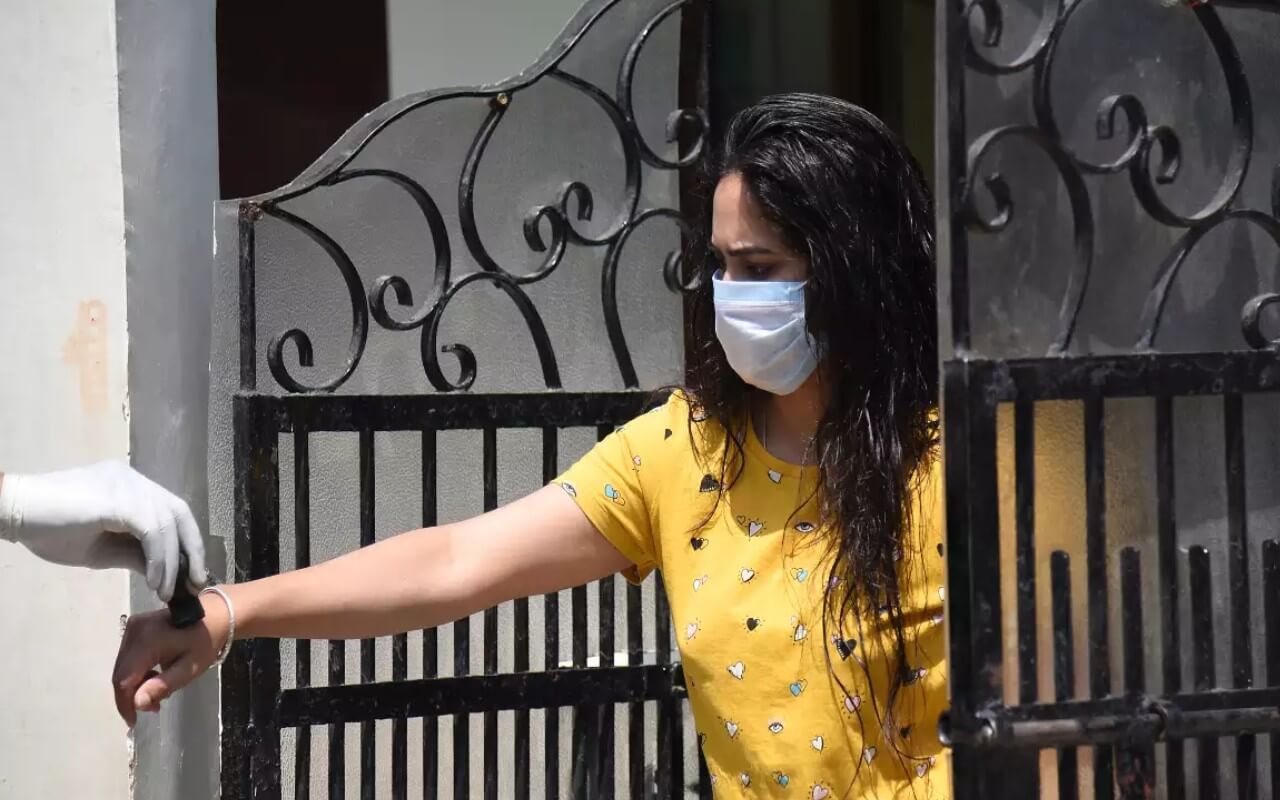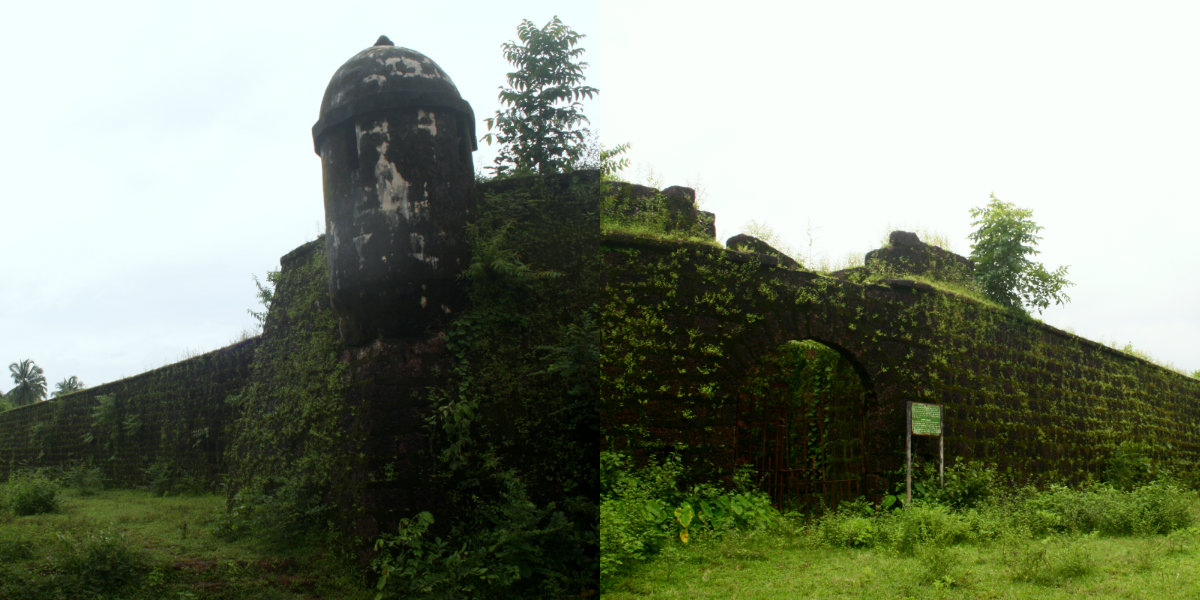The trend of incubators and co-working spaces may be getting popular now in Goa, but it is not a new concept for the people from metro cities. Due to the rise in the ‘Startup’ trend, especially in the Tech Space, the need for co-working spaces and incubators has grown substantially. What Prashant did in this sector is something that has completely changed the way Tech Incubators operate in Goa. The FIIRE (Forum for Innovation Incubation Research and Entrepreneurship), a brainchild of DS Prashant, is the first NIDHI TBI supported by the department of science and technology, Govt of India Incubation Centre, situated in Fatroda.
Prashant started his journey as a Marketing Executive for Glaxo India Limited but in a short span of time, he realized that his destiny is entrepreneurship and he went to pursue his higher studies out of Goa. “I went on to pursue my higher studies and came back to Goa, and in the year 2000 I got an opportunity to work on a project dealing with science and technology entrepreneurship development,” said Prashant adding, “it was dealing with promoting 200 micro-enterprises in Goa for the period of 4 years. During those days Micro-Enterprise was a completely new concept and getting funding was a major challenge. It was Mr. Manohar Parrikar, the then CM of Goa who started the ‘Chief Ministers Rozgaar Yojana under which the government would provide 2 lakhs to the person who was interested in starting a business. This changed the entire scenario and it helped many new ideas to become reality.”
The scheme was started but implementation was a major challenge for Prashant. “We used to go 2-3 times visiting rural areas to promote the scheme and rest of the weekdays of we would sit at EDC to help people to complete the formalities including the preparation of project reports, guidance on how they can get their business going and so on,” said Prashant. The efforts of Prashant paid off and he managed to help 2000 people who started their micro-enterprise in a short span of 5-6 years. “We were quite active in promoting the micro-enterprise skill development over a period of time and then in the year 2010 the Government of India was looking for good institutions which could actually support and promote techno-entrepreneurship which is also entrepreneurship which involves technology which today is known as “Startups”, he added.
The startup was a new trend in the country and for Goa, it was a completely new paradigm for Prashant, with little know-how, implementation was very difficult and the only option was to fetch the know-how from the places where it all started. “The government realized this and sent us for a training program in Europe and USA. The visit to these countries helped me a lot and I saw how incubators across the world work. I managed to visit some of the best incubators in the world based in Finland, Sweden, and Germany, and later we went to the University of Texas, to understand the methodology that was used to promote Innovation and Techno-entrepreneurship and startups and how they have used incubation as a tool to promote the work of entrepreneurs.”
Entrepreneurship and Startups
During those days the idea of Startup and Entrepreneurship was very vague amongst the students and the faculties training them in management studies. “This is my personal experience with the Colleges and Faculties. When we would visit the College Principals with the idea of developing entrepreneurship amongst the students, the colleges would advise us to look for students who were not so academic and would be willing to step forward towards entrepreneurship. But with time, the picture has changed completely and now the faculty and principal personally connect us to their bright and gifted students as well with regards to the idea of startups, and how they can build companies, solve problems using their knowledge and skills,” said Prashant.
The field of a startup is such that sees more failures than successes. “We were happy when we found out that a lot of startups from all over the country wanted to come to Goa to establish their startups. The best way to reduce the failure ratio is by learning from the mistakes of others and this way we can bring down the failure rate and increase the success ratio,” said Prashant.
According to Prashant, there are various other departments and agencies that the government of India is supporting in entrepreneurship, but FiiRE is the biggest incubation center with the largest funding, which is not only for the team but also for seed funding to be given to a start-up, and this was all under the Start-up India scheme by the Govt. “Now we have many schemes which start from 30 thousand rupees per month to 10 Lakh rupees funds to build a prototype. Nidhi Prayas is one such scheme that offers up 10 Lakh funding while Nidhi-EIR gives 30 thousand per month for the period of a 1-year fellowship for those tougher minds, who are on the verge of taking up a job, by going into entrepreneurship in order to help them and to take care of their basic necessities, which in turn also motivates and gives them support over this journey, they can later avail all the incubator facilities post this fellowship period,” said Prashant adding, “After this, we will be implementing something called as “Nidhi Seed Fund” in association with the Dept. of Science and technology, and under this, we can give up to 50 lakhs to a start-up which has been incubated at FiiRE. These are the various schemes we have at FiiRE and the ones that are implemented today, and we are the institution implementing the maximum number of start-up related projects of the Govt. of India in the state of Goa.”
Biggest Incubator in Goa
According to Prashant, FIIRE has supported around 105 startups over a period of three years where support could be at a basic advisory level, or at the incubation level. “The start-ups that will be possibly funded would be around 25-26, and we have already funded some 8 of them. We have currently closed 30 start-ups that were presently incubated at FiiRE which were mostly at an early stage, and a few of them at the minimum viable product stage. We have a couple of them who have raised external funds from VCs and angel investors and in this year itself we are expecting 5 of them to raise angel funding or VC funding,” he said.
According to Prashant, FIIRE is the biggest incubator in Goa with over 125 seats. “When we were looking at establishing the biggest incubator in Goa, and the Government has a norm that the incubator has to be housed in an engineering college which would become the Host institute, and provides the technical expertise that supports in the long run. We were hunting and searching for those institutions and while we were in the planning stage, we were looking at which management would be very agile, and who will support entrepreneurship in a big way. In our studies and research, we found that Don Bosco College of Engineering was very fascinating to us with respect to their leadership and the support for entrepreneurship and they were willing to provide full support to the team that we would set up as the incubator,” said Prashant adding, “The entire management that supported us was really interested in pushing forward the idea of setting up an incubation center there and the person behind this was Rev Fr. Kinley. He has a very enterprising behavior, and even today he is very much supportive of the entire thing. Right from the start, his attitude wasn’t questioning if it fails, but how quite all right it would be if it did, as that created good growth in people and this was the mindset that helped us set up FiiRE at Don Bosco College of Engineering at Fatorda, Goa.”
As an incubator, FIIRE provides 3 kinds of support. The first is infrastructure, the second is training and knowledge sharing and the third is networking. “FIIRE has a 25000 sq. ft of the dedicated area at Fatorda Campus. Second is knowledge and training under which we run regular events such as hackathons, and we run a mentoring program known as HEAT (Helping Entrepreneurs Achieve and Thrive) with the support of a well-established Serial Entrepreneur who has spent a good amount of time in the fields of corporate and start-ups. The third part is the networking session where we connect them to the industry people, the people from government, the people of media, venture capitalists, and angel investors, and basically, whoever can add value to their work. This way we cover all the 3 verticals that an incubator should be looking into.
The Future Plans
For the last 3 years, Prashant has been working closely with the ecosystem, and the start-ups, and this has been a huge learning curve for him. “The one area that we are looking actively to work on is how to sensitize the local high network individuals and to look at start-ups as an opportunity for investment because if there is the local skin in the game by the local population, the local start-ups will get more support, and the second thing we thought about was that what is Goa known for? Goa is essentially known for its tourism industry, and there are so many problems associated with this industry that can be solved with the help of technology, and there are so many start-ups in the country which are building tourism-related products so we thought of focusing on these. These start-ups can they implement something for the local tourism industry sector and the industry will benefit from this. At the same time, start-ups will benefit from the advantage of testing the product in a real market. The opportunity to help start-ups in this tourism sector was much easier in Goa, and we found that the Government of Goa, as well as the Goa Tourism Dept, was looking for solutions to help Goa become a world-class tourism destination in the years to come.
Here, we thought we, as the incubator, need to play a role, as without technology it is really tough to become world-class, as destinations are doing so by leveraging on technology and if we miss out on this, it is tough to grow later. We will play our role, to help start-ups, the ecosystem, the tourism industry, and the govt of Goa and the country too. This will boost the start-ups in the right direction.
The tourism industry doesn’t mean just tourists and hotels, but also waste management, electrical vehicles, and so on, which will make Goa much cleaner, and even AR and VR Tech which can be enhanced to make the experience of the tourists much richer and better. This way we are focusing on start-ups for the next 2-3 years that are looking to help and solve the problems of the tourism industry”.






